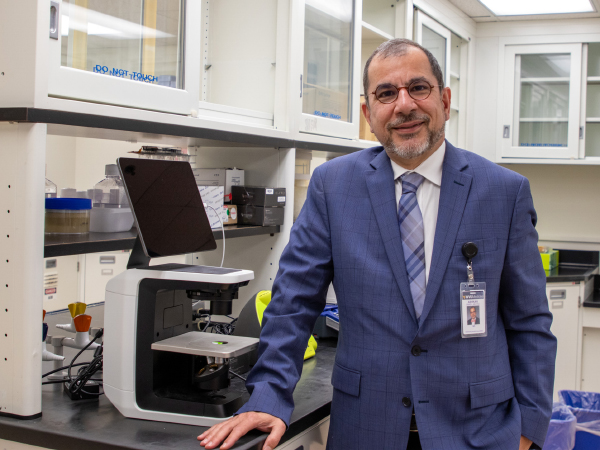A phase III study of Imbruvica in the treatment of chronic lymphocytic leukemia and small lymphocytic lymphoma was stopped early following an interim analysis and at the recommendation of an independent data monitoring committee, which concluded the study demonstrated a significant difference in progression-free survival compared to ofatumumab.
The IDMC agreed that the results suggest evidence of clinical benefit, as well as a tolerable safety profile. The committee also recommended that the drug’s sponsor provide access to Imbruvica (ibrutinib) to patients in the ofatumumab arm.
Study PCYC-1112-CA (RESONATE) is an international, randomized, open-label clinical study including 391 patients with relapsed or refractory CLL/SLL with measurable nodal disease and who were not eligible for treatment with purine analog-based therapy, who had received at least one prior therapy.
Patients were randomized to receive 420 mg of Imbruvica orally once daily or intravenous doses of ofatumumab, an approved treatment for relapsed/refractory CLL, over the course of 24 weeks. Both treatments were administered until disease progression or unacceptable toxicity. The results will be presented at an upcoming medical meeting and also will be submitted for publication in a peer-reviewed journal.
Imbruvica was approved in November 2013 in the U.S. as a single agent for the treatment of patients with mantle cell lymphoma who have received at least one prior therapy. This indication is based on overall response rate. An improvement in survival or disease-related symptoms has not been established.
Ibrutinib has been submitted to the European Medicines Agency for the treatment of adult patients with relapsed or CLL/SLL or adult patients with relapsed or refractory MCL. Ibrutinib is being jointly developed and commercialized by Janssen Research and Development and Pharmacyclics Inc. Pharmacyclics sponsored the study.







